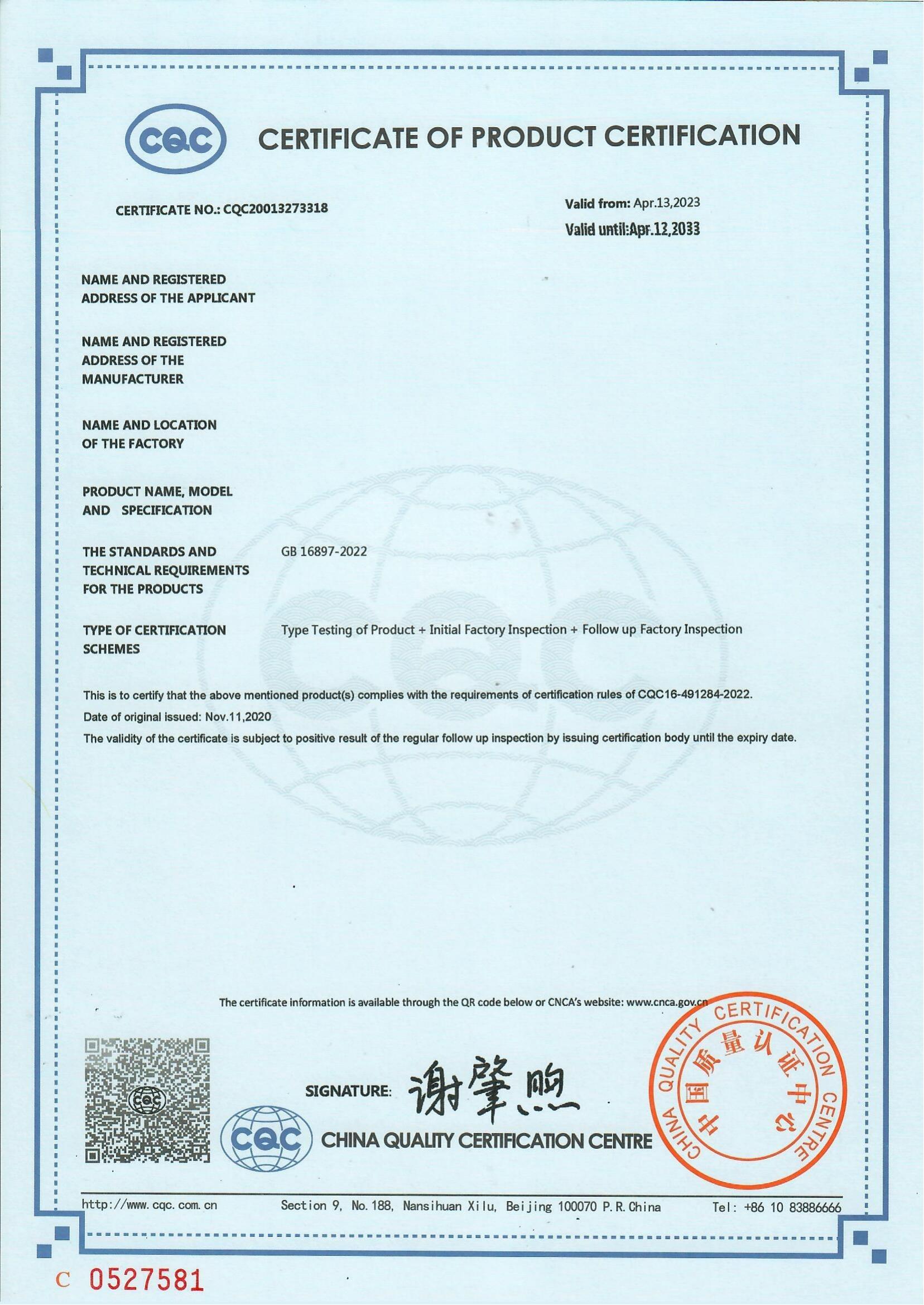Flexible Oil Piping Solutions for Efficient Fluid Transport and Management
Nov . 26, 2024 21:44 Back to list
Flexible Oil Piping Solutions for Efficient Fluid Transport and Management
The Versatility and Applications of Flexible Oil Pipes
In the modern industrial landscape, the efficient transportation of fluids is paramount. From oil and gas industries to various manufacturing sectors, the ability to transfer substances safely and effectively is crucial for operational success. One of the innovations that have significantly contributed to this end is the flexible oil pipe. These pipes, known for their adaptability and durability, are now indispensable in various applications.
What are Flexible Oil Pipes?
Flexible oil pipes, often made from high-grade materials such as rubber, thermoplastics, or composite materials, are designed to transport oil and other fluids under various conditions. Their design allows for considerable bending, twisting, and maneuverability, which cannot be achieved with traditional rigid pipes. This flexibility makes them ideal for environments where space is limited, or where the installation of traditional piping would be challenging.
Key Properties
The primary advantage of flexible oil pipes lies in their unique properties
1. Flexibility As the name suggests, these pipes can bend and flex without compromising the integrity of the fluid being transported. This is particularly beneficial in dynamic environments or when navigating complex structures.
2. Durability Built to withstand high pressures and extreme temperatures, flexible oil pipes are less prone to rupture or leakage compared to their rigid counterparts. Their resistance to corrosion and chemical reactions further enhances their appeal in industrial applications.
3. Lightweight Compared to rigid piping systems, flexible oil pipes are often lighter in weight, allowing for easier installation and handling. This translates to reduced labor costs and quicker project timelines.
4. Versatility These pipes can be used in a wide range of applications, from offshore drilling to hydraulic systems in machinery. Their adaptability makes them suitable for various fluids, not just oil.
Applications in Various Industries
flexible oil pipe

1. Oil and Gas Industry In offshore oil drilling, flexible oil pipes play a crucial role in connecting floating production systems to subsea installations. They can withstand the rigors of deep-water environments and are essential for transporting crude oil and natural gas from wells to refineries.
2. Chemical Processing In chemical manufacturing, flexible oil pipes are often used to transfer corrosive fluids safely. Their ability to resist chemical attacks ensures that the integrity of the product and the safety of the workers are maintained.
3. Automotive Industry In vehicles, flexible oil pipes are integrated into systems such as lubricants and coolant transfer. Their lightweight and flexible nature help in optimizing engine performance while maintaining ease of installation.
4. Agricultural Systems Flexible pipes are increasingly used in irrigation systems and agricultural machinery. Their ability to adapt to various terrains makes them ideal for transporting water and fertilizers to crops.
5. Mining Operations In mining, these pipes are utilized to transport oil and other fluids required for the operation of heavy machinery. Their robustness and durability ensure efficient operations in harsh environments.
The Future of Flexible Oil Pipes
As industries continue to evolve and seek improvements in efficiency and safety, the demand for flexible oil pipes is expected to rise. Technological advancements, such as the integration of sensors and smart technologies into these pipes, could enhance their functionality further. This development could lead to better monitoring of fluid transport conditions, early detection of leaks, and improved overall system management.
The growth of renewable energy sectors also presents an opportunity for innovative applications of flexible oil pipes. As the industry shifts towards more sustainable practices, these pipes can be adapted for use in the transportation of biofuels and other alternative energy sources.
Conclusion
The importance of flexible oil pipes in today’s industrial operations cannot be overstated. Their unique combination of flexibility, durability, and adaptability makes them a vital component in various sectors, especially in oil and gas. As technology continues to advance, these pipes are likely to become even more integral to efficient fluid transport, paving the way for innovations that enhance safety, operational efficiency, and sustainability in multiple industries. The future looks bright for flexible oil pipes, promising advancements that will further revolutionize fluid handling solutions.
